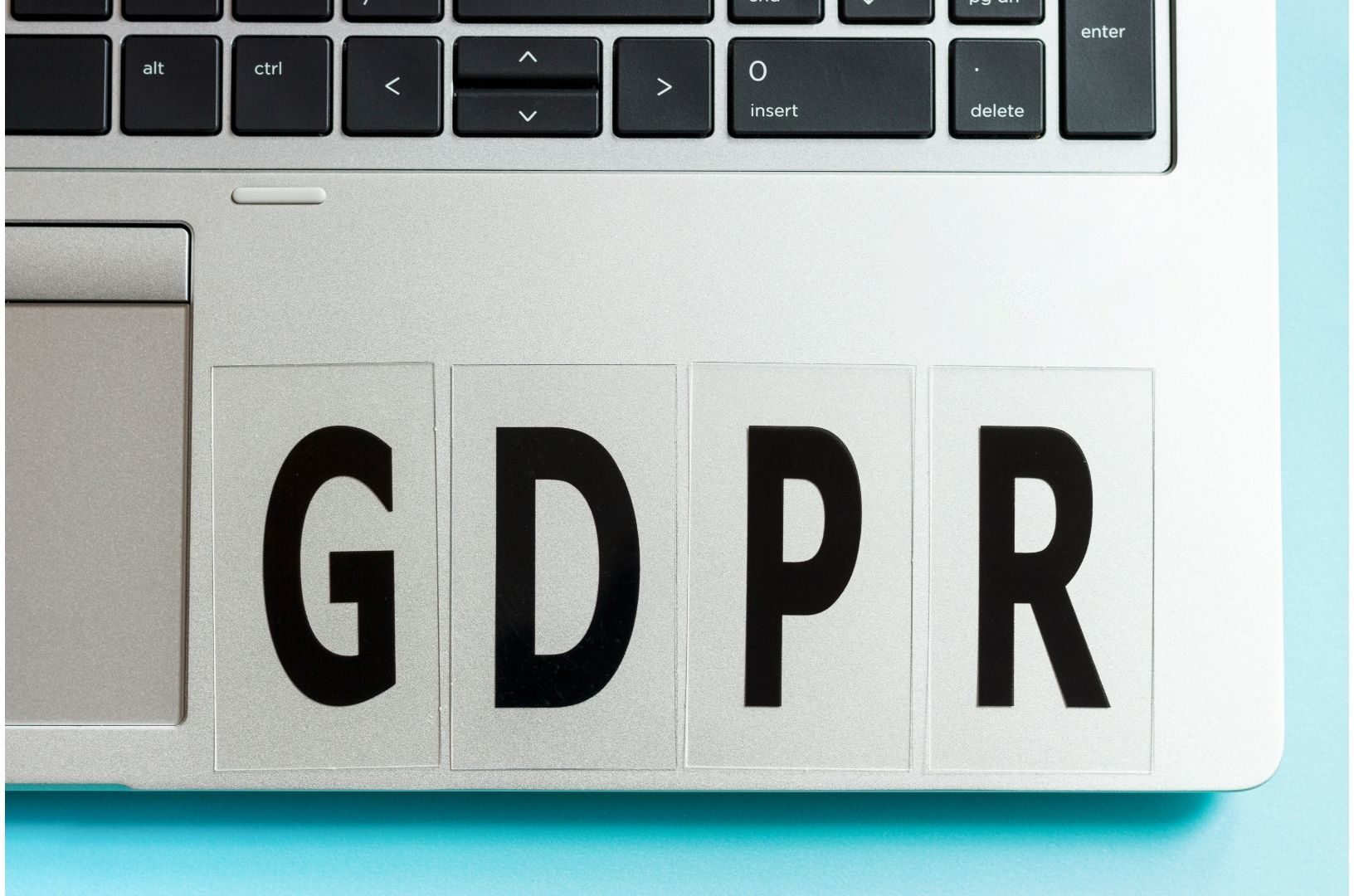
Blog Post
What Are GDPR Risk Assessments and Why Are They Important?
The implications of GDPR are widely recognized by most companies, yet not all are aware of the important role that regular risk assessments play in this equation. In fact, risk assessments are a core component to GDPR and must be done regularly to remain compliant. Through these assessments, organizations can gain a better understanding of what information they may potentially store on EU citizens and the level of risk that surrounds it, so they can make better informed decisions on how to protect it.
What is Considered a Data Privacy Risk?
A data privacy risk can be defined as the possibility of unexpected consequences caused to an individual due to the way their personal information (PII) was handled over the internet. An example that may immediately come to mind is the damage caused by cyber breaches, but data can also become vulnerable to accidental or unlawful destruction, loss or disclosure. The ramifications of non-compliance can vary in degree, from loss of confidentiality, economic loss and discrimination, to the inconvenience of unwanted calls and emails.
It is also important to keep in mind that not all data is equal and some information could be particularly high at risk depending on the sensitivity of data, means of processing, and vulnerability of data subjects. This makes knowing what data you have on hand and the level of risk that surrounds it all the more important in avoiding any potential consequences altogether.
The GDPR Risk Assessment Process
So how exactly does the GDPR risk assessment process work? The most important thing to keep in mind when approaching these assessments is that a methodology to guide the process needs to be established. The goal of this is to enforce a standardized approach to these assessments across the board and ensure that everyone is on the same page when identifying the level of risk throughout the organization. While this approach might differ from business to business, this methodology should typically include:
- Baseline criteria: a measure that will define the minimum set of defenses the organization will employ to fend off risks
- Risk scale: a universal scale to quantify the level or risk that surrounds the data
- Risk appetite: an understanding of the level of risk the organization is willing to accept
- Risk management: the strategies that will help to reduce the damage caused by certain incidents
The risk assessment process is also further outlined by ISO 27001 and provides a best practice framework for evaluating risks that is closely aligned with GDPR.
How Can I Streamline GDPR Risk Management?
The complexities of risk management can be daunting, especially when considering the consequences of not doing it right. The following best practices are ideal to employ, not only to make the risk assessment process easier, but to streamline GDPR risk management across the organization:
- Appoint a DPO at your company: A data protection officer (DPO) can be a great full-time or part-time resource to ensure an organization accurately applies the laws to keeping sensitive data protected.
- Leverage a data discovery tool – A data discovery tool like Enterprise Recon empowers non-IT staff to discover and remediate all of the potentially sensitive data on servers, desktops and in the cloud.
- Implement new rules and procedures – While discovering this data should be the first priority for business, it’s also important to implement new rules and procedures to determine the appropriate levels of security and strategies going forward.
- Implement incident management processes – Organizations should have processes in place to quickly identify data breaches and report them in a timely manner. GDPR requires companies to report breaches within 72 hours and quick action may help to mitigate the risk of heavy fines.
- Document your GDPR compliance progress – It’s critical to keep tabs on GDPR compliance progress while putting these best practices in place. With increasing pressure to comply, showing that you are making progress could be key to keeping regulators at bay.
Use Ground Labs to Start Mitigating Data Risk
With increasing pressure surrounding GDPR compliance, understanding what personal data you have and where it resides will allow you more accurately conduct these required risk assessments and put processes in place to better manage the influx of consumer information. Technology such as Enterprise Recon enables you to quickly and easily discover, remediate and report on more than 300 predefined and variant personal data types across multiple systems, and makes compliance much easier to achieve.
At Ground Labs, we work closely with our customers to help them navigate the ins and outs of GDPR’s data protection guidelines and equip them with the needed tools to thoroughly assess potential data risks.
Ready to get started? Book a demo with a Ground Labs expert to learn more about risk assessments for GDPR compliance.
